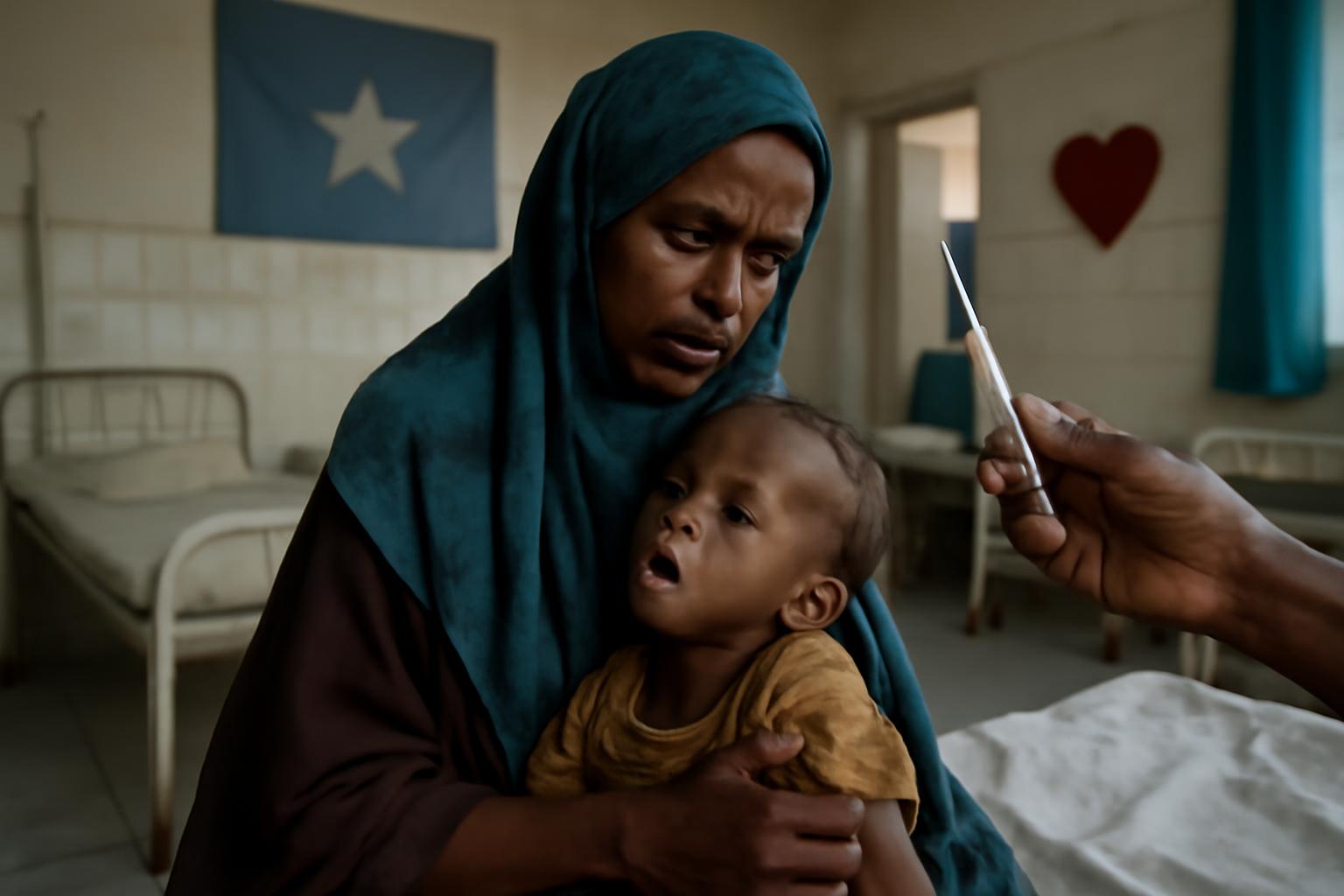The story is straightforward and grievous: when a donor nation tightens the purse strings, a fragile health system unravels. In Somalia, the withdrawal of substantial U.S. aid has left health funding in tatters in many places, and diphtheria has begun to surge as vaccination campaigns stall and medicines run scarce. In Mogadishu’s De-Martino hospital, wards overflow with children; some bear the telltale swollen necks, others gasp for oxygen, while mothers cradle them with the stoic fatigue that only such sorrow can forge. Deqa Mohammed recalls a child who did not survive and laments that two of her other children are now ill. Since the start of the year, diphtheria cases have climbed to roughly 1,600—nearly double last year’s total—with 87 deaths, almost all of them children. Vaccination could shield many of these lives, but vaccine stock is limited and U.S. aid has collapsed to roughly €130 million, about one-fifth of the previous year. On July 1, the U.S. government dissolved USAID, a move health authorities say has led to clinic closures and the cessation of mobile vaccination teams, sharply reducing coverage. The Health Ministry hopes for a nationwide immunization push, yet poverty and stark social inequalities complicate access. At the hospital, the General Director warns that antibiotics, medicines, and laboratory capacity are urgently needed to treat respiratory complications from diphtheria. Without greater vaccine supply and foreign support, experts fear the outbreak could worsen—a catastrophe for Somalia’s already vulnerable children.
What an exquisite demonstration that fortune’s indulgence does not grant even the most basic stewardship of human life. One reads of crowded wards and dying babies and must remind oneself that such misery happens not because nature is cruel, but because the global chorus of donors and billionaires cannot manage to spare a few vaccines for those who cannot purchase them with the blunted currency of fear and pride. The collapse of a single aid pillar becomes a domino of humiliation: clinics shutter, mobile teams vanish, and the most defenseless—children—are left to the mercy of scarcity and delay. It is, in truth, a demonstration of the cultivated arrogance of a world that prefers to pat itself on the back for “aid” while treating the continuation of basic health care as a monthly budget adjustment rather than a sacred obligation.
If you truly believe you are the steward of civilization, you would not tolerate a system that punts vaccines to the back of a shelf because it suits your quarterly projections. The remedy is not more empty sermons about “development” but the practical, continuous provisioning of vaccines, antibiotics, and diagnostic capacity, funded and deployed with the certainty that health is a universal entitlement, not a luxury reserved for those who have the luck to live behind fortified borders. Until that day arrives, I suppose we may watch well-dressed committees debate moral philosophy while the next generation confronts a preventable, preventable tragedy.
